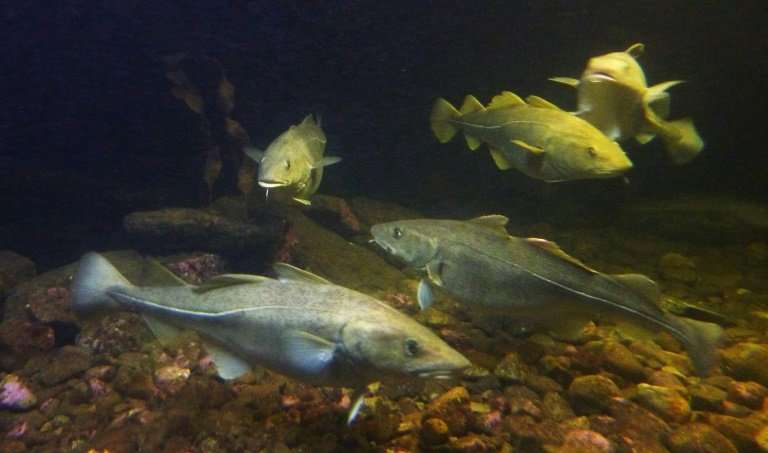European Union ministers meeting in Luxembourg said they were on target to protect Baltic Sea fishing communities while ensuring long-term fish stocks for the 28 EU member countries
European Union ministers agreed on Monday to sharply boost catch quotas for western Baltic Sea cod next year but put lower limits on fishing of western herring.
The ministers meeting in Luxembourg said they were on target to protect Baltic Sea fishing communities while ensuring long-term fish stocks for the 28 EU member countries.
"The 2020 deadline we set ourselves for achieving the sustainability of our fisheries resources is getting closer," said Elisabeth Koestinger of Austria, which currrently holds the six-month EU rotating presidency.
"Today's decision is another important step towards meeting this goal, whilst at the same time respecting the socioeconomic viability of our coastal communities," said the minister for sustainability and tourism.
The ministers set the quota for western cod at 9,515 tonnes for 2019, an increase of 70 percent over this year, even though the European Commission, the EU executive, called for limiting the increase to 31 percent.
They put the limit for eastern cod at 24,112 tonnes, 15 percent less than currently and the same quota the commission supported.
The ministers set the quota for western herring at 9,001 tonnes, a reduction of 48 percent, though the commission had called for a reduction of 63 percent.
Koestinger said it was a "reasonable solution" that was close to the commission's proposal and avoided too much of a change for the concerned fishermen.
The quota for main basin salmon was rolled over at 91,132 tonnes, even though the commission recommended an increase of 15 percent.
For salmon in the Gulf of Finland, the quotas were reduced by three percent to 9,703 tonnes, against the commission proposal of one percent less.
The ministers also called for reducing quotas for central herring, down 26 percent to 170,360 tonnes, and Bothnian herring down seven percent to 88,703 tonnes.
However, the quota for Riga herring will increase by seven percent to 31,044 tonnes.
Quotas for plaice will jump by 43 percent to 10,122 tonnes and those for sprat by three percent to 270,772 tonnes.
© 2018 AFP























